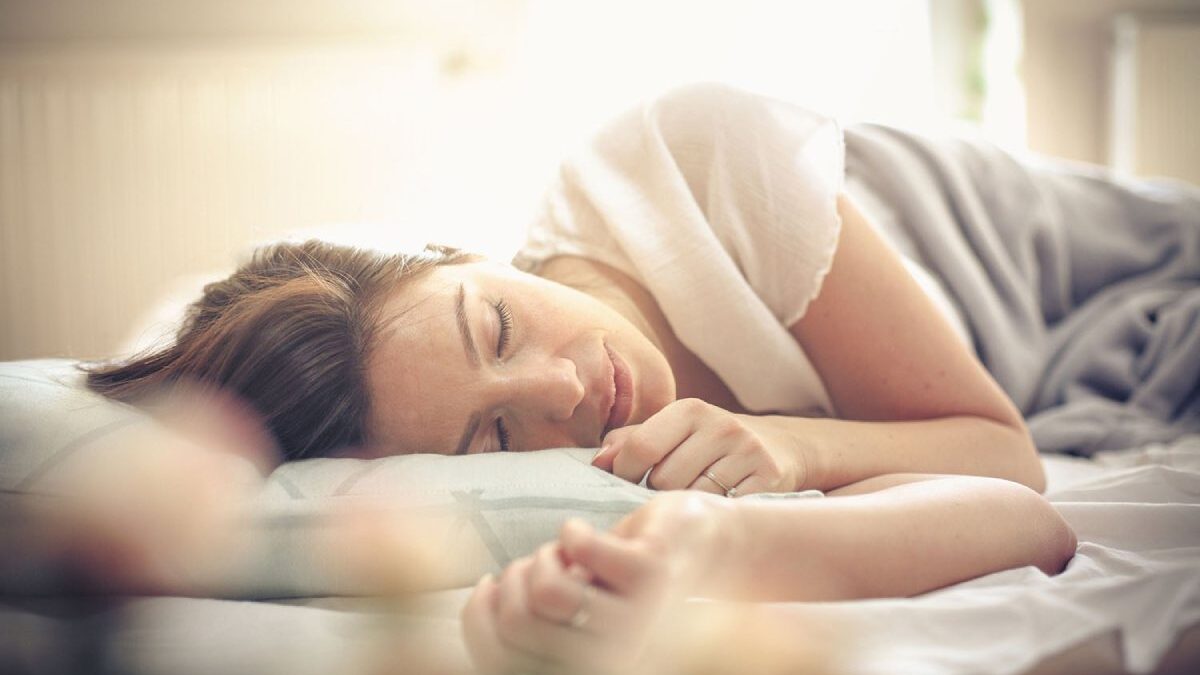Sleep studying is a way to learn more about the science behind your sleep cycle. It’s a non-invasive procedure that can help determine the cause of any issues you might have with your sleep.
Read on if you’re curious about what happens during a sleeping study!
How Does a Sleeping Study Work?
A sleeping study is the most accurate and comprehensive way to diagnose sleep disorders. Despite the name, you do not have to sleep during this test! Regardless of the time of day or night, you can have a sleep study.
The test aims to watch your brainwaves while awake and asleep. During waking hours, your brain activity looks normal, but when you fall asleep, it changes dramatically. The doctor will watch these changes and compare them with other information about your medical history, sleep apnea symptoms, or other disorders.
The procedure takes place in a room with special equipment that monitors breathing, heart rate, and brain activity. You’ll be hooked to sensors that measure these functions throughout the night. Some facilities use equipment that measures oxygen levels in your blood and muscle tone in your chest wall (respiration).
You’ll also have a tube in your nose attached to a machine that measures the airflow when you breathe through it during sleep (positive airway pressure). Many facilities use video monitors so doctors can observe movement and breathing patterns during sleep.
Why Do You Need a Sleep Study?
A sleep study can help to determine what is causing your fatigue. You may need more sleep or less sleep. You may not get enough oxygen while you sleep. The only way to know is to have a sleep study done.
The most common reasons for sleep study include the following:
- Sleep Apnea– This involves having trouble breathing during sleep and waking up gasping for breath. Allergies or other medical conditions can cause this. Sleep apnea can also be caused by weight gain and obesity, which puts pressure on the airway and makes breathing difficult.
- Restless Leg Syndrome: A person with this syndrome experiences an uncomfortable urge to move their legs when lying down or sitting still for long periods. This can cause difficulty sleeping due to constant leg movements during the night and waking up with sore legs after being in one position too long during the day (such as sitting at work).
- Narcolepsy: A person with narcolepsy has uncontrollable episodes of falling asleep at random points during the day (even while driving). These episodes are often triggered by stress or boredom.
How Should You Prepare for the Sleep Study?
The preparation for a sleeping study is quite simple. The doctor usually gives you specific instructions and tells you what to do before the test. You should follow these instructions carefully.
For example, if you are to take any medications before the test, ensure that you do so exactly as instruct by your doctor. Also, if you are told to avoid caffeine or alcohol 24 hours before the procedure, then do so. Your doctor may also ask you to eat at certain times or not eat at all on the day of your appointment.
You must follow these directions exactly as they are given to you. If you have any questions about whether it would be safe for you to go through with a sleep study, then do not hesitate to contact your doctor or medical professional who ordered the test for further advice on how to prepare for it properly.

